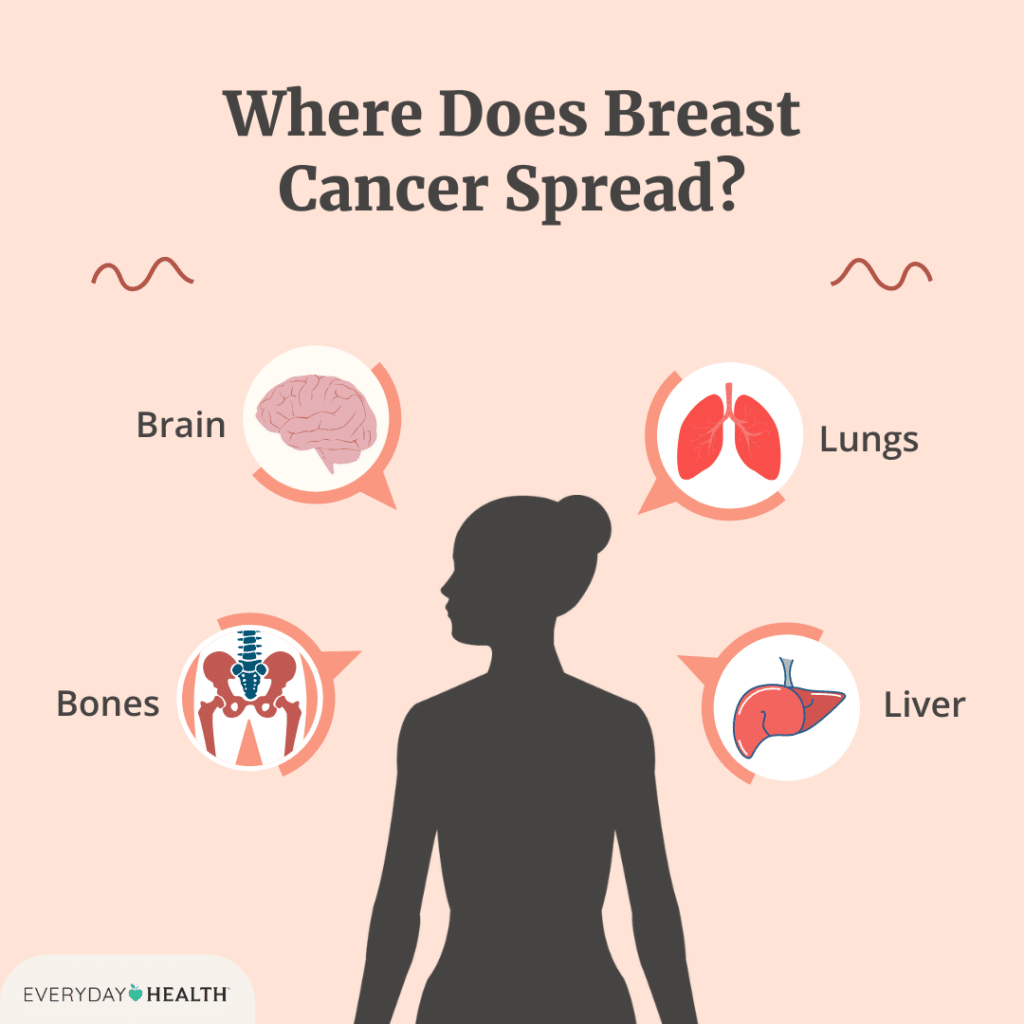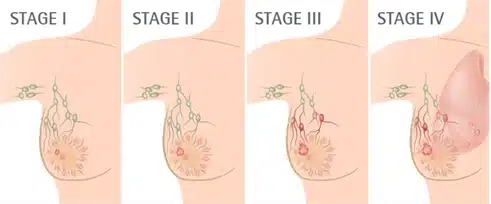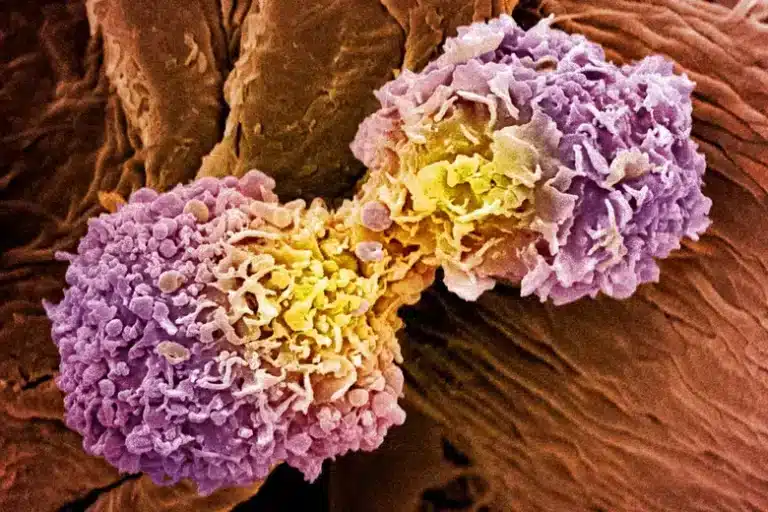Breast cancer recurrence can be an emotionally challenging experience, but understanding the risks, causes, and treatment options can help you navigate this journey with confidence. In this guide, we’ll break down the key aspects of breast cancer recurrence in a conversational tone, addressing its types, symptoms, causes, and prevention strategies.
What is Breast Cancer Recurrence?

Breast cancer recurrence happens when breast cancer comes back after initial treatment. Even with successful surgeries, radiation, or chemotherapy, some cancer cells might evade treatment and later multiply, leading to a recurrence.
Recurrence doesn’t always mean the same as a brand-new cancer diagnosis. Instead, it’s the reappearance of the original cancer.
Types of Breast Cancer Recurrence

There are three main types of breast cancer recurrence:
- Local Recurrence
- Cancer comes back in the same breast or chest wall where the original tumor was found.
- Symptoms include lumps, thickened skin, or changes near the surgical scar.
- Regional Recurrence
- Cancer reappears in nearby lymph nodes, such as in the armpit or collarbone area.
- Symptoms include swollen lymph nodes, pain, or numbness in the arm or shoulder.
- Distant Recurrence (Metastatic Breast Cancer)
- Cancer spreads to distant parts of the body, like the bones, lungs, liver, or brain.
- Symptoms vary depending on the affected organ, such as persistent cough, bone pain, or severe headaches.
How Does Breast Cancer Spread?
Breast cancer cells can spread in three main ways:
- Through the Lymphatic System
- Cancer cells enter lymph nodes and travel to other areas of the body.
- Via the Bloodstream
- Cancer cells invade blood vessels and spread to distant organs.
- Local Invasion
- Cancer cells directly invade nearby tissues, such as the chest wall.
Why Does Recurrence Happen?
Breast cancer treatments aim to eliminate all cancer cells, but some may survive. These cells can remain dormant for years and later become active, causing recurrence. Factors that increase the likelihood of recurrence include:
- Aggressive Cancer Types: Triple-negative and inflammatory breast cancers are more likely to recur.
- Lymph Node Involvement: Cancer found in lymph nodes increases the chance of recurrence.
- Tumor Size: Larger tumors carry a higher risk.
- Age: Younger individuals diagnosed with breast cancer are at higher risk of recurrence.
Symptoms to Watch For
Local Recurrence Symptoms
- Lumps or bumps in the breast or chest area.
- Nipple changes, like flattening or discharge.
- Skin inflammation or redness near the surgical site.
Regional Recurrence Symptoms
- Swollen lymph nodes under the arm or near the collarbone.
- Pain or swelling in the shoulder or arm.
- Chronic chest pain.
Distant Recurrence Symptoms
- Persistent bone pain or fractures.
- Difficulty breathing or a chronic cough.
- Severe headaches, seizures, or dizziness.
How Is Recurrence Diagnosed?
Doctors use several tests to detect recurrent breast cancer:
- Imaging: Mammograms, ultrasounds, or MRIs can reveal abnormalities.
- Blood Tests: Tumor markers may indicate the presence of cancer.
- Biopsy: A sample of suspicious tissue is examined under a microscope.
Treatment Options for Recurrence
Local Recurrence
- Surgery: Often involves a mastectomy if the initial treatment was a lumpectomy.
- Radiation Therapy: For patients who didn’t receive radiation during initial treatment.
- Systemic Treatments: Chemotherapy or hormonal therapy may be added.
Regional Recurrence
- Surgery: Removal of affected lymph nodes.
- Radiation Therapy: Targeted radiation to affected areas.
- Systemic Therapy: Chemotherapy, targeted therapy, or hormonal treatments.
Distant Recurrence (Metastatic Cancer)
- Systemic Therapies: Chemotherapy, hormonal therapy, immunotherapy, and targeted therapy are key.
- Palliative Care: Focuses on symptom relief and improving quality of life.
Can Breast Cancer Recurrence Be Prevented?
While it’s impossible to eliminate all risks, you can take steps to lower your chances of recurrence:
- Adjuvant Therapy:
- Hormonal therapies like tamoxifen reduce the risk of recurrence for hormone-receptor-positive breast cancer.
- Targeted therapies help reduce recurrence for HER2-positive breast cancer.
- Healthy Lifestyle Choices:
- Maintain a healthy weight.
- Eat a balanced diet rich in vegetables, fruits, and whole grains.
- Exercise regularly.
- Regular Screenings and Follow-Ups:
- Attend all follow-up appointments.
- Perform monthly breast self-exams.
Living with Recurrent Breast Cancer
Dealing with a recurrence can feel overwhelming, but remember, you are not alone. Support is available in the form of medical professionals, counselors, and breast cancer support groups.
Managing Emotional Health
- Talk openly with your healthcare team about your fears and concerns.
- Consider speaking with a therapist or joining a support group.
Caring for Your Body
- Stay active as much as your body allows.
- Focus on nutrition to support your energy levels and overall health.
Exploring Clinical Trials
Ask your doctor about clinical trials that may offer access to cutting-edge treatments.
Understanding Breast Cancer Recurrence at a Glance
| Type of Recurrence | Description | Symptoms | Treatment Options |
|---|---|---|---|
| Local Recurrence | Cancer returns in the same breast or chest wall where the original tumor was treated. | – New lump in the breast or chest area – Skin redness or inflammation – Thickening near the scar | – Surgery (usually mastectomy) – Radiation therapy (if not done previously) – Chemotherapy or hormonal therapy |
| Regional Recurrence | Cancer reappears in nearby lymph nodes, like those in the armpit or collarbone. | – Lump or swelling in lymph nodes – Pain or numbness in the arm or shoulder – Chest pain | – Lymph node removal surgery – Radiation therapy – Systemic treatments like chemo or hormone therapy |
| Distant Recurrence (Metastatic) | Cancer spreads to other parts of the body, such as the bones, liver, lungs, or brain. | – Persistent pain (e.g., in bones) – Chronic cough or difficulty breathing – Severe headaches or seizures | – Systemic therapies (chemo, targeted therapy, immunotherapy) – Palliative care for symptom relief |
| Second Primary Breast Cancer | A new, unrelated breast cancer develops in the other breast or a different part of the same breast. | Similar to the original cancer symptoms, such as a lump, thickened tissue, or nipple discharge. | Similar to initial breast cancer treatment, depending on type and stage. |
FAQs
1. Can I Prevent Recurrence Completely?
While no method guarantees prevention, treatments like adjuvant therapy and a healthy lifestyle can significantly lower the risk.
2. How Likely Is Recurrence After a Mastectomy?
It depends on lymph node involvement and cancer type. Recurrence rates are lower for those with no lymph node involvement.
3. Is Recurrence the Same as Metastasis?
No. Recurrence means cancer has returned, while metastasis refers to cancer spreading to distant organs.
4. How Can I Cope Emotionally with a Recurrence?
Seek support from friends, family, or a counselor. Joining a breast cancer support group can also help.
5. Are There New Treatments for Recurrence?
Yes! Targeted therapies, immunotherapy, and ongoing clinical trials offer hope for effective treatments.
Conclusion
- Breast cancer recurrence can be local, regional, or distant, each requiring specific treatments.
- Early detection of recurrence through regular follow-ups and self-exams improves treatment outcomes.
- While recurrence cannot always be prevented, lifestyle changes and therapies can significantly lower risks.
Facing breast cancer recurrence is challenging, but with the right care, treatments, and support, it’s possible to manage the disease effectively and maintain a fulfilling life.
References
- American Cancer Society. “Breast Cancer Recurrence and Metastasis.”
- Mayo Clinic. “Understanding Breast Cancer Recurrence.”
- Johns Hopkins Medicine. “Managing Recurrent Breast Cancer.”
- National Cancer Institute. “Breast Cancer Treatment Overview.”
- Cleveland Clinic. “What You Should Know About Breast Cancer Recurrence.”


